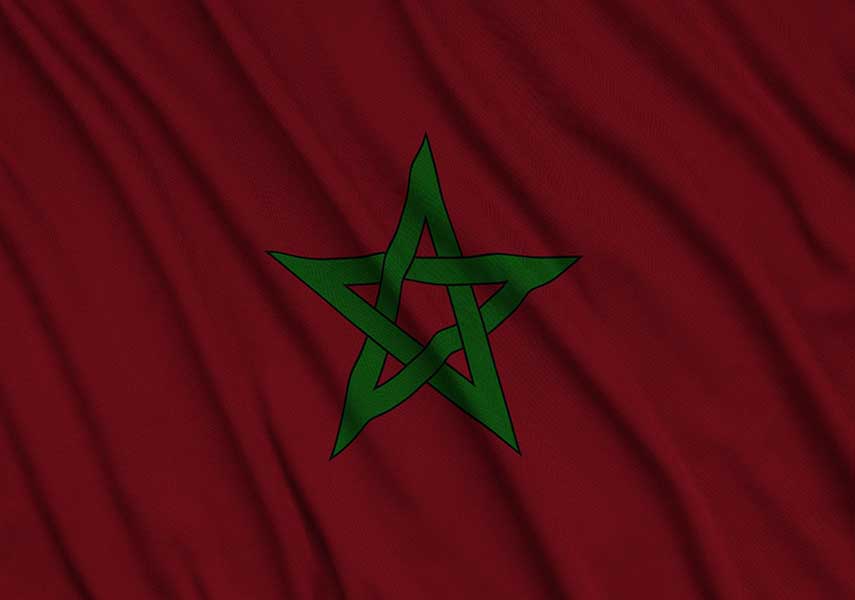When you travel to Morocco, you will see snow-capped mountains, arid deserts, winding medinas, and colorful souks among many other sights. Throughout its rich history, Morocco has been shaped by its proximity to Europe and Africa. Because of this, everything from the people to the languages to the landscapes to the buildings is incredibly varied.
You may go from trekking in the Atlas Mountains to riding a camel in the desert to relaxing on the beach, all within the span of a few hours. The ancient medinas of the bustling cities are deliberately meant to mislead invaders, so it is easy to get lost among them. You’ll be surrounded by stores selling beautiful leather handbags, bright rugs, fragrant spices, and intricately wrought metal light fixtures.
Morocco is a very beautiful country, yet it also has some surprises and difficulties. In that case, take a look at our tips for getting ready for your vacation to Morocco.
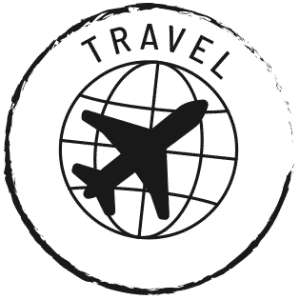 Passports & Visas
Passports & Visas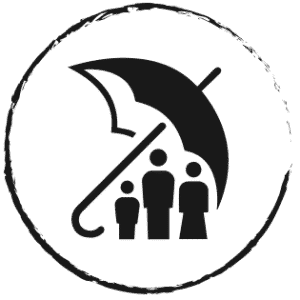 Insurance
Insurance Money
Money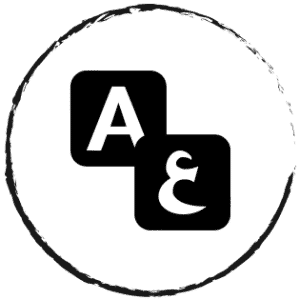 Languages
Languages Closures
Closures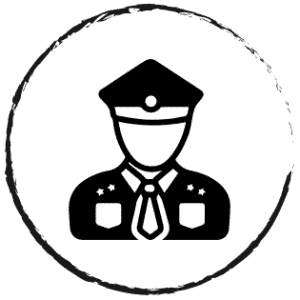 Personal Security
Personal Security